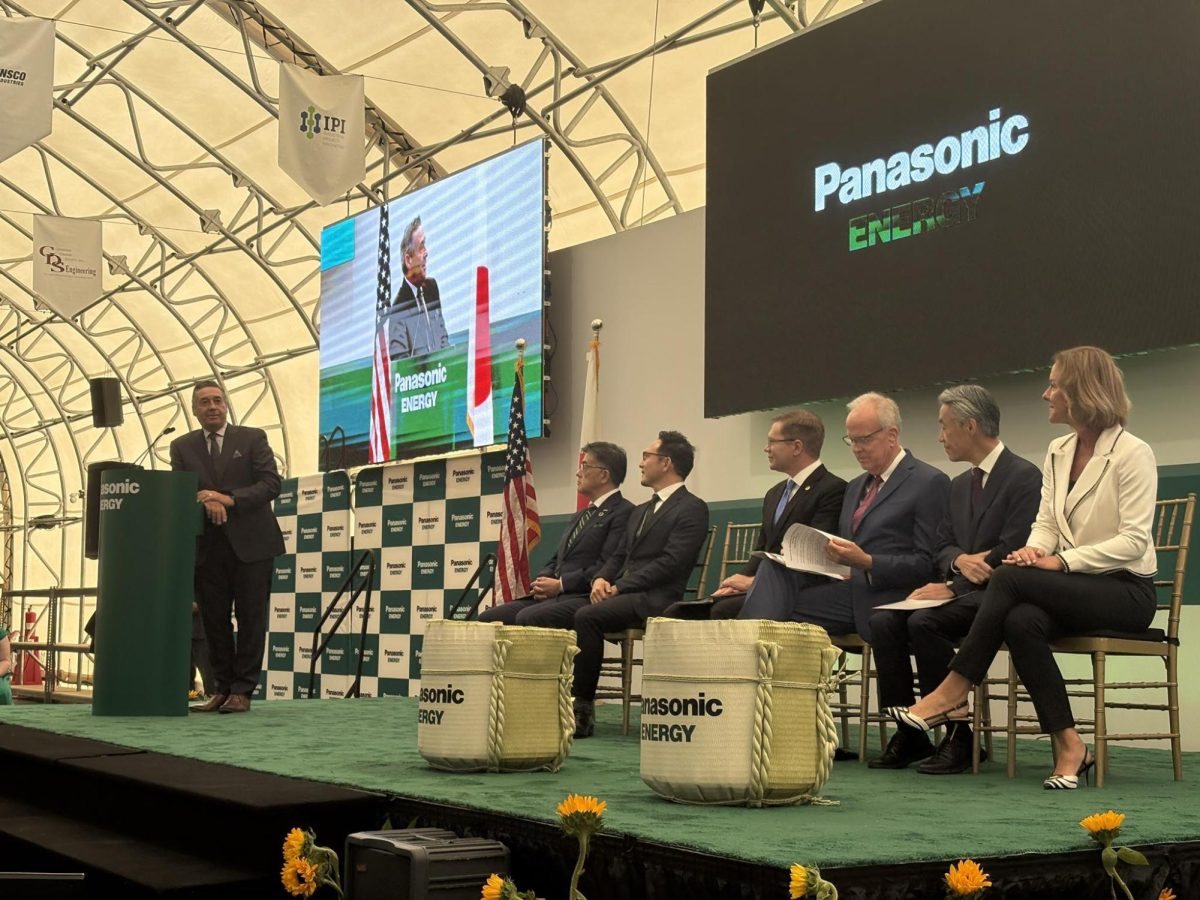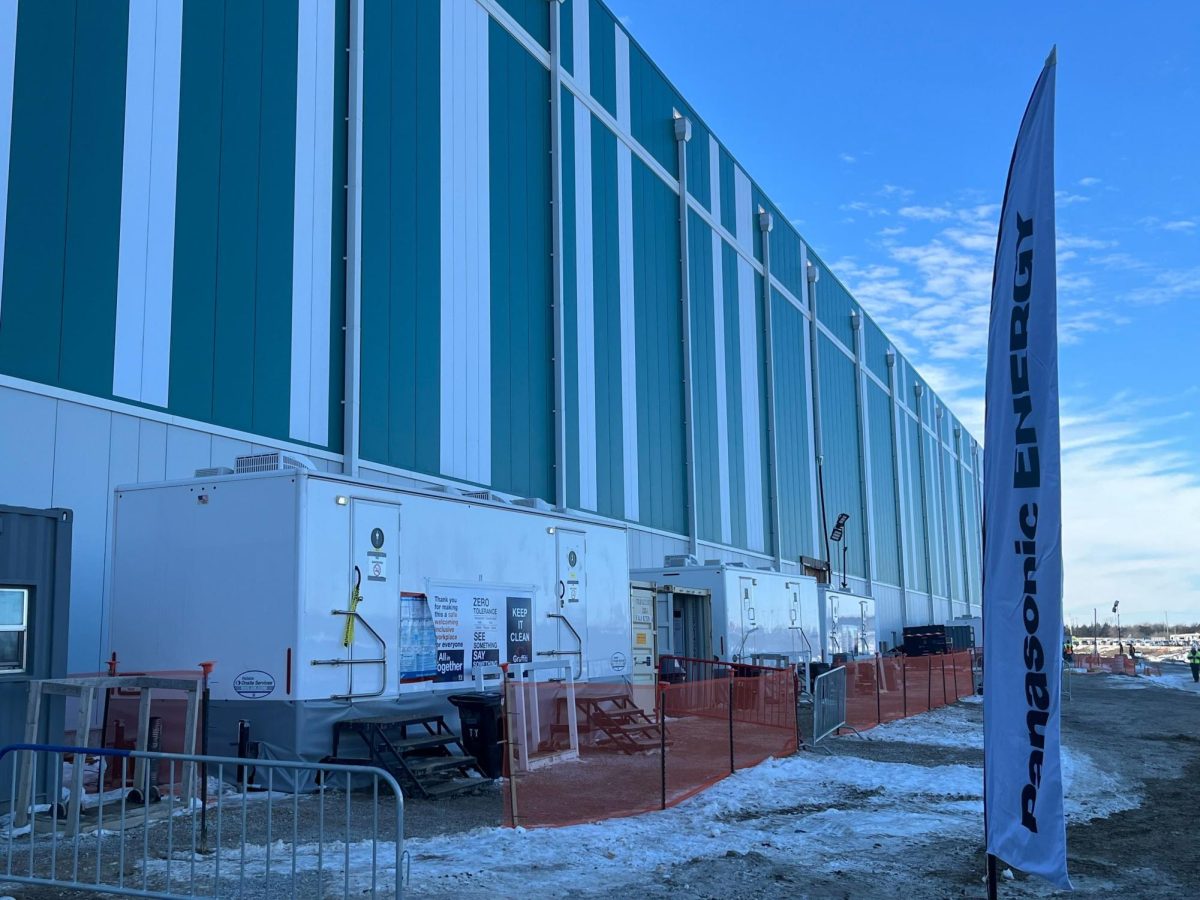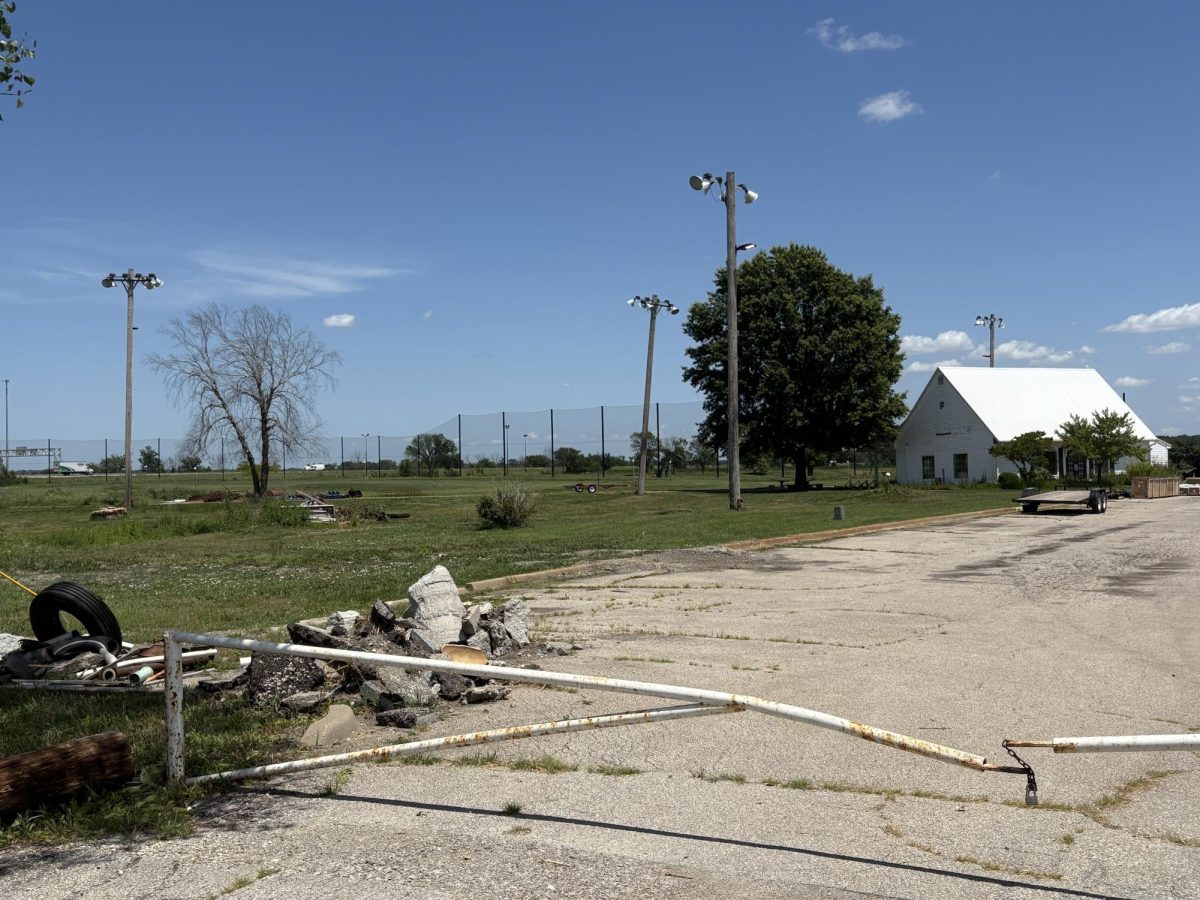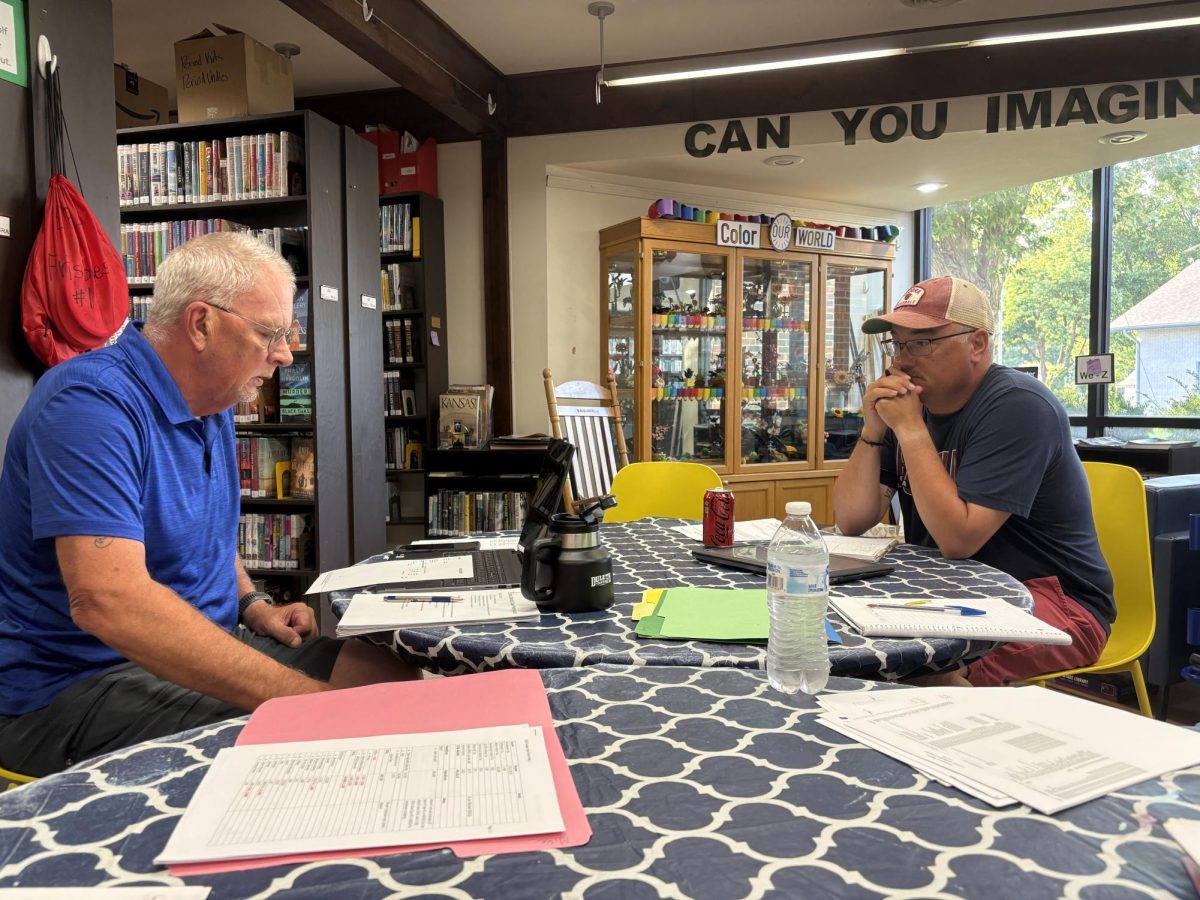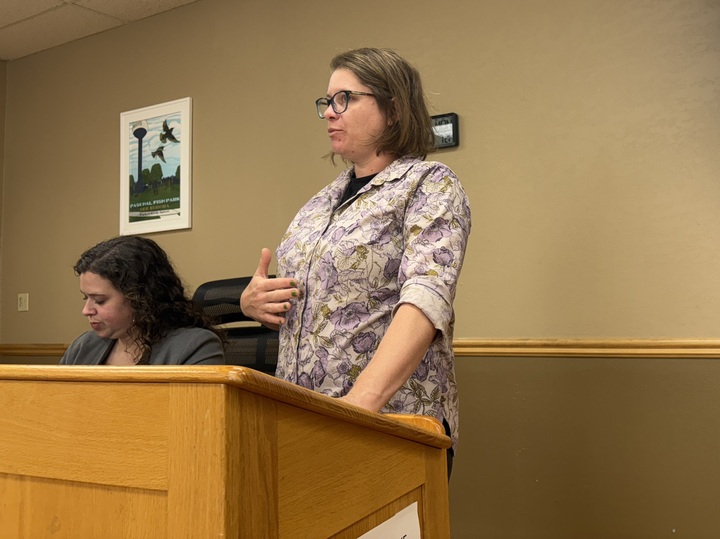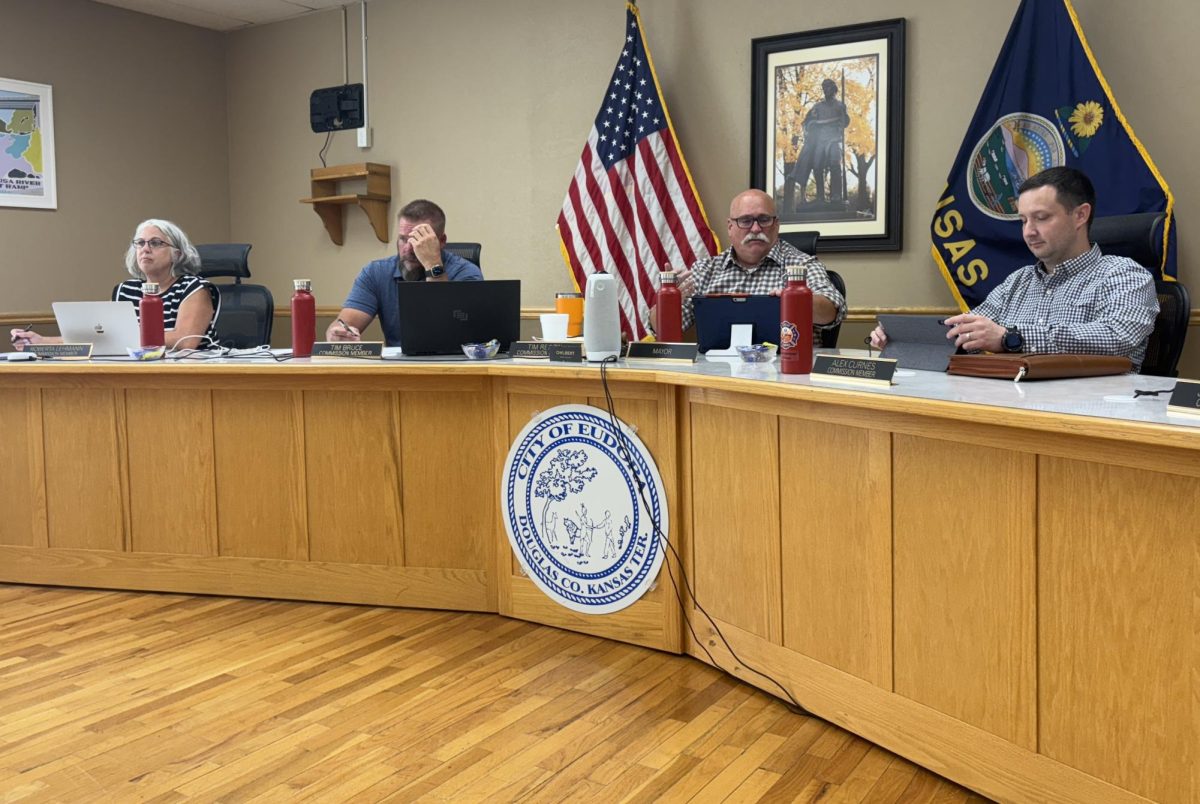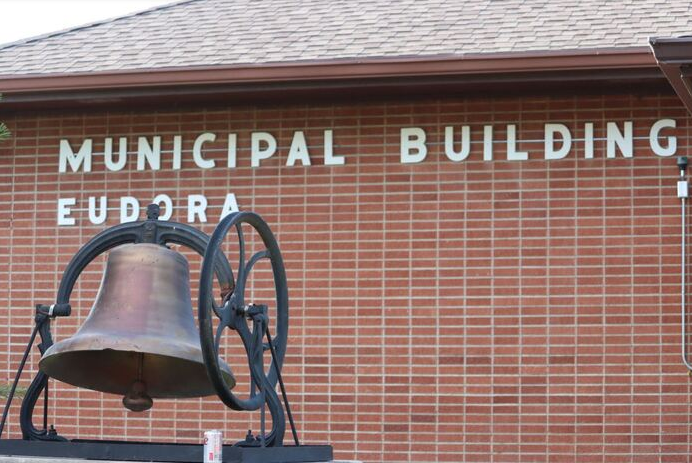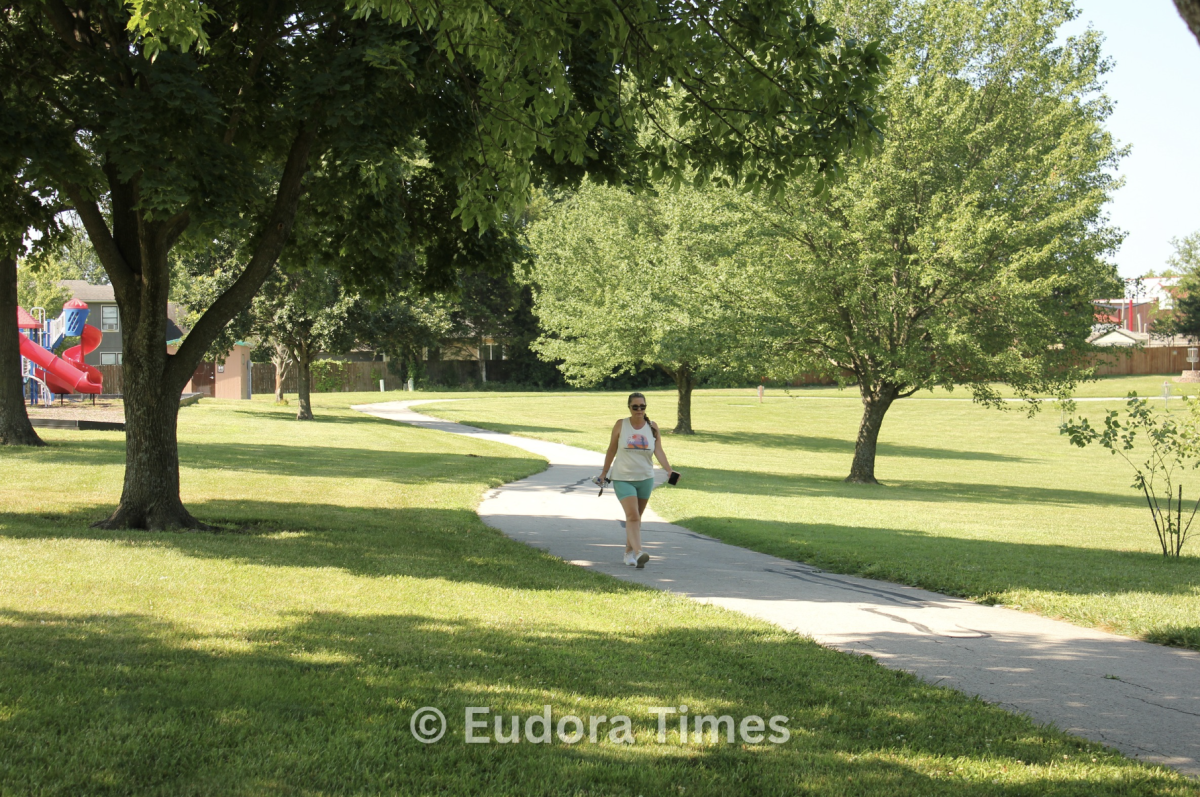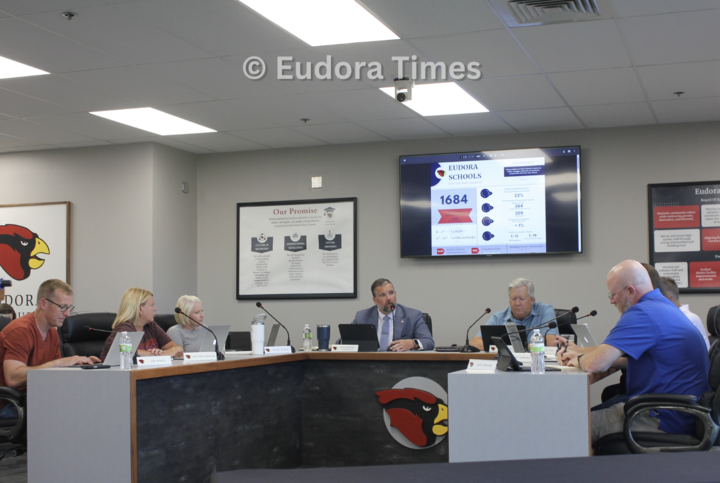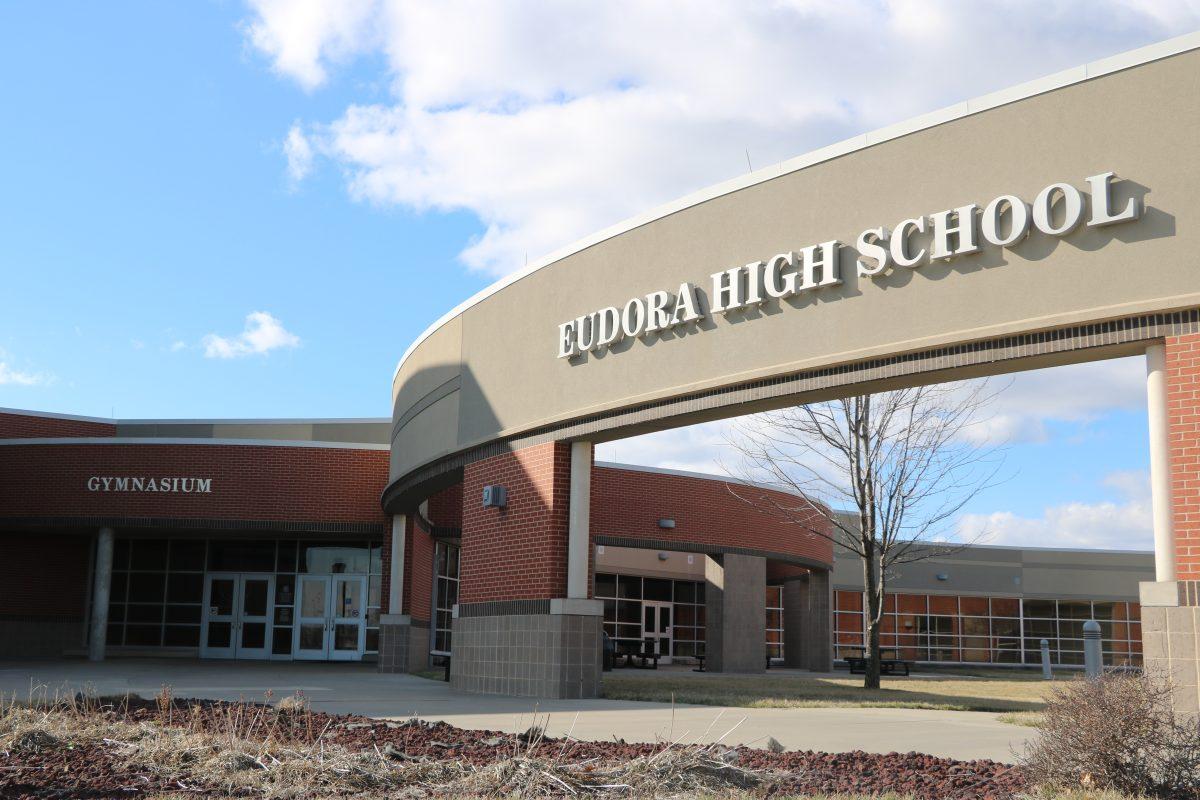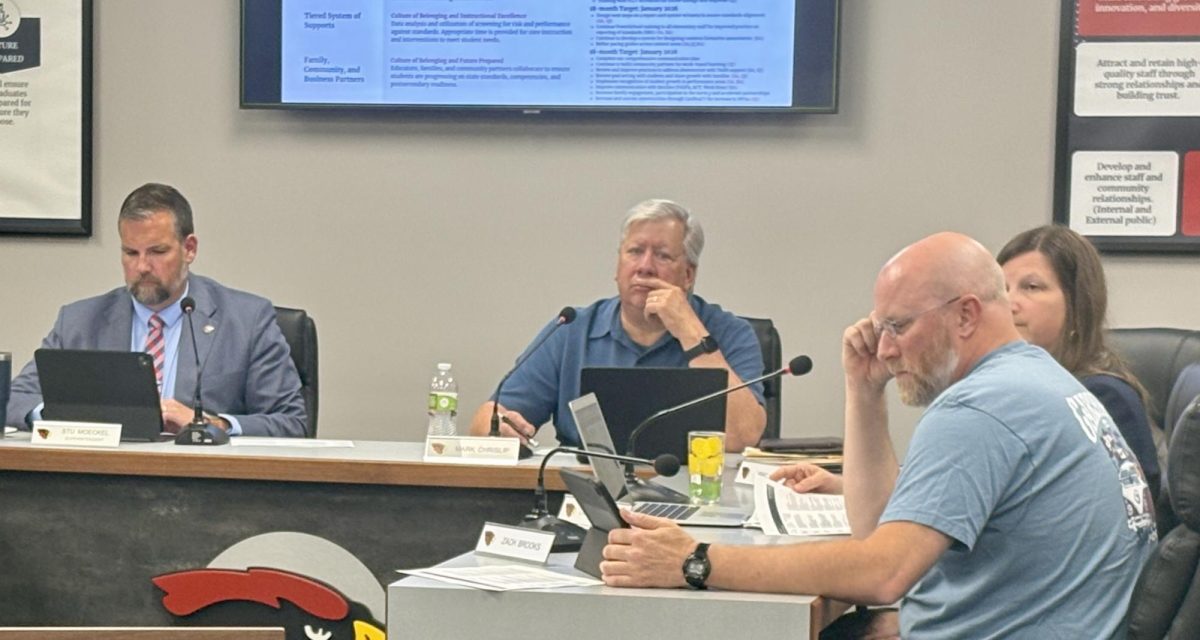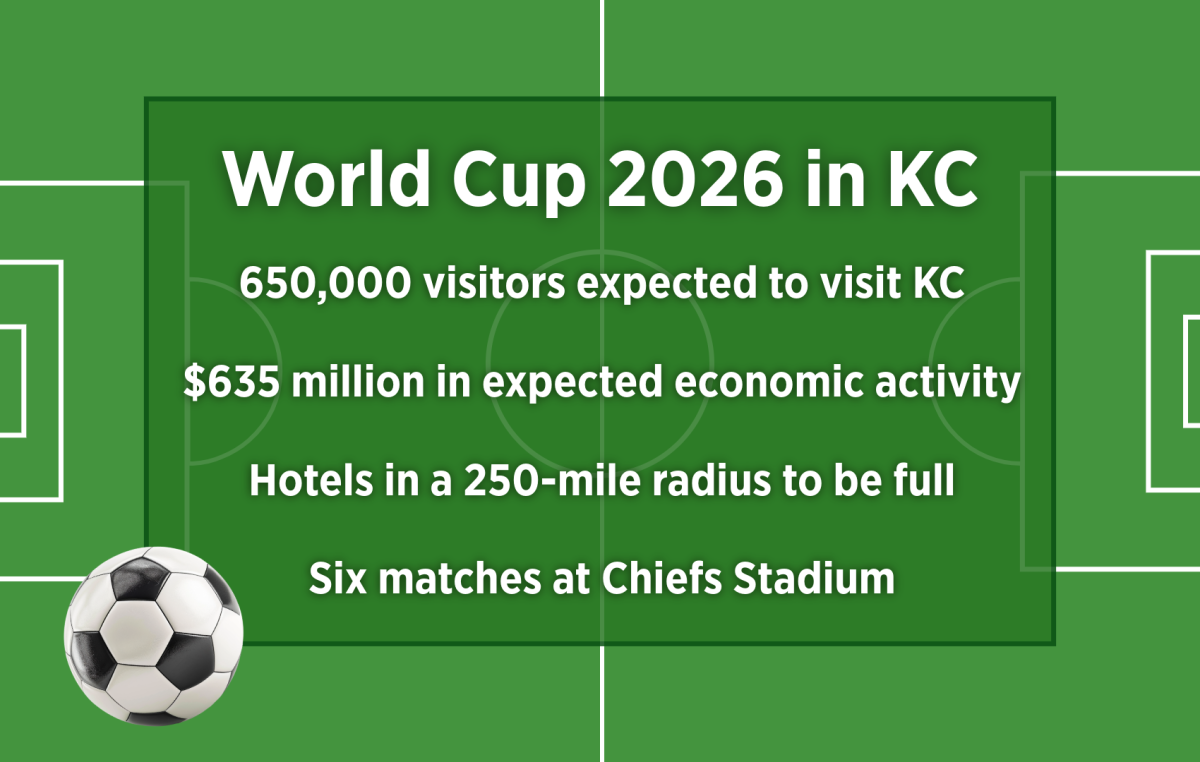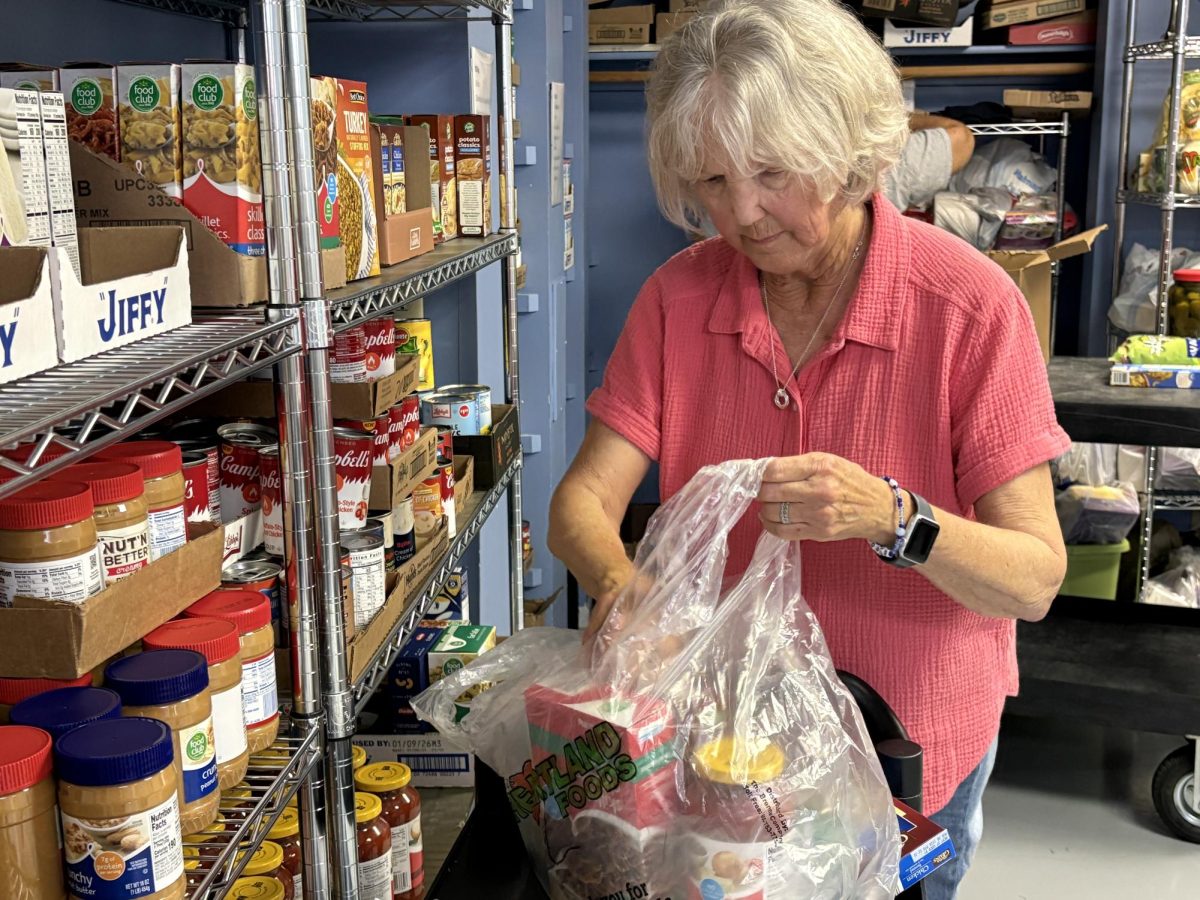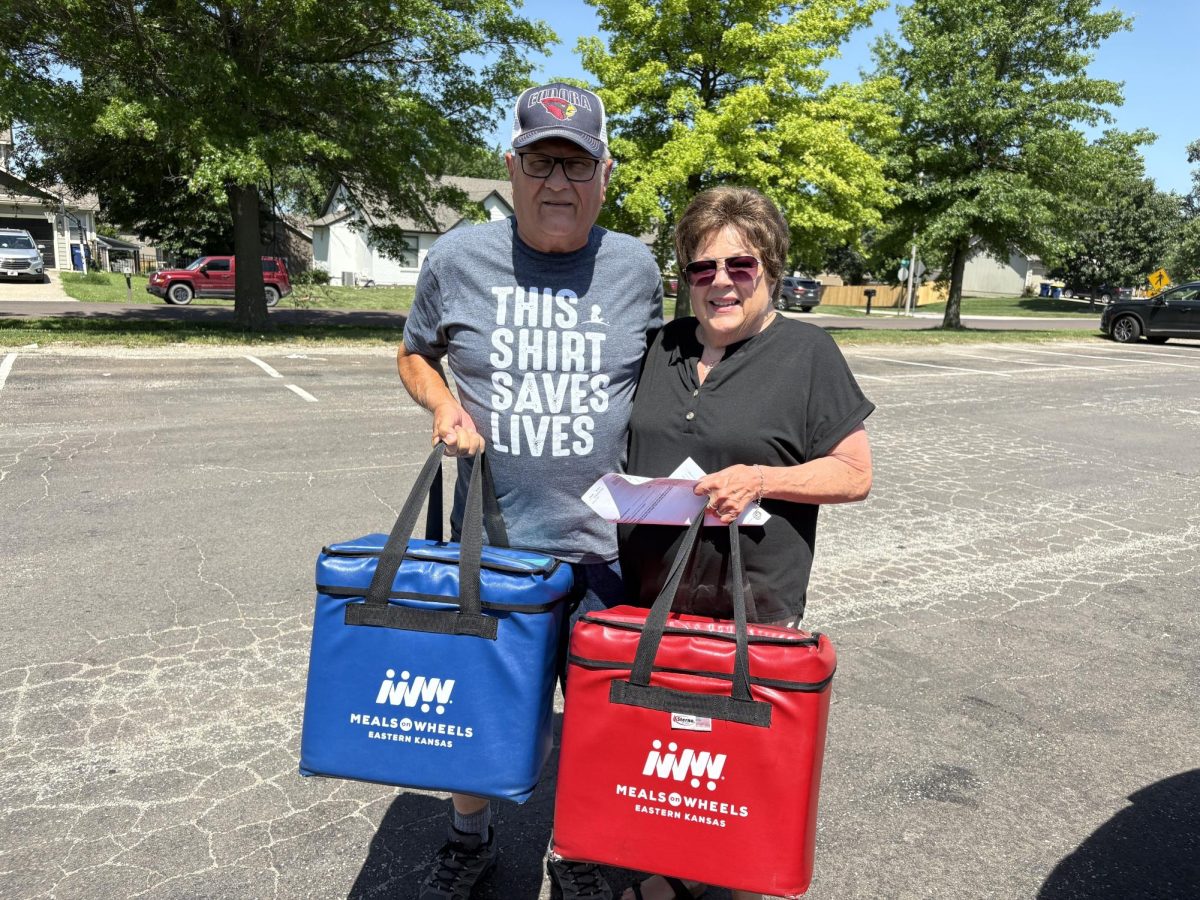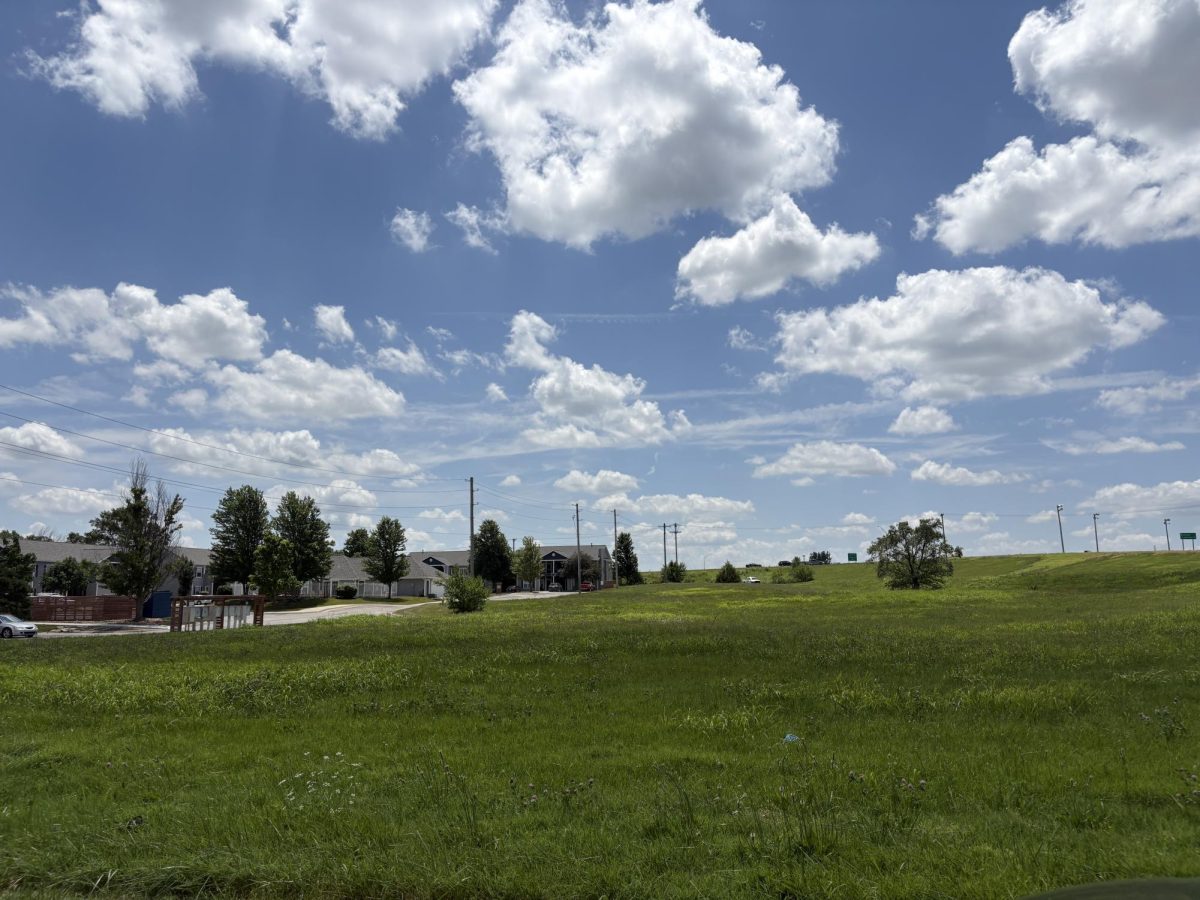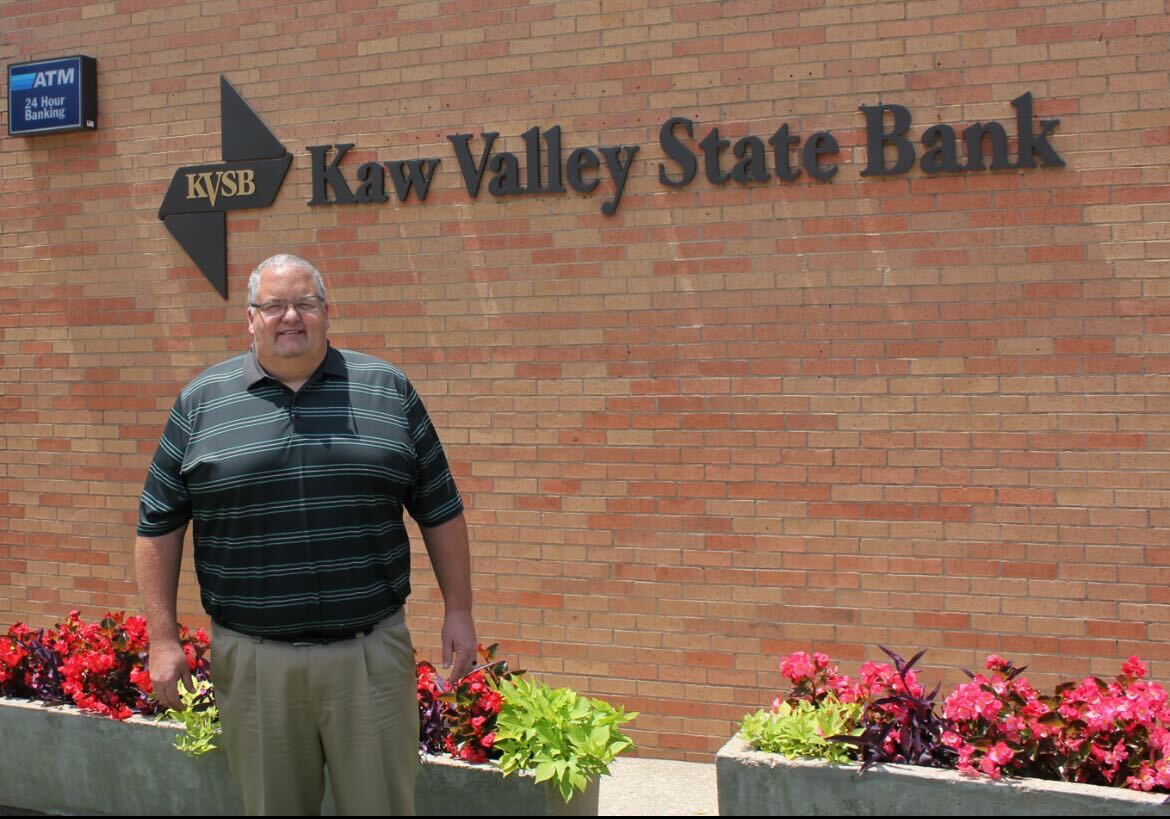TOPEKA — Panasonic is delaying full production in its De Soto battery plant because of dropping electric car sales and U.S. policies that do not support electric cars, international media reports.
The $4 billion economic development project, billed as the largest in Kansas history, is threatened because of decreased electric car sales at Tesla and skepticism from President Donald Trump about encouraging electric vehicle adoption, according to the Nikkei Asia news outlet.
The plant was expected to reach full production by March 2027, and a new target date has not been set, Nikkei reported.
The president’s “big, beautiful bill” eliminates tax credits for the purchase of electric vehicles as of Sept. 30, along with eliminating or decreasing multiple green energy tax credits.
The De Soto plant, which was projected to create 4,000 jobs, has a grand opening scheduled Monday.
The Panasonic plant began construction in 2023 after receiving Kansas tax credits, through a program known as APEX that the state created to draw in large economic development projects. Incentives include rebates on capital investments, payroll and staff training.
The APEX program also lowers the corporate income tax rate by 0.5% for Kansas businesses for the fiscal year after a megadeal is signed. Under the APEX deal, Panasonic was expected to receive $829.2 million over 10 years.
The company had plans to provide at least 4,000 jobs, increasing the state’s annual labor income by more than $505 million. The state anticipated the project will create an additional 4,000 jobs through suppliers and community businesses. The state expected to see a $26 return for every $1 invested in tax incentives.
The De Soto community also offered incentives that were based on the company agreeing to employ 2,500 employees, well below the estimated full employment of 4,000.
The city offered to complete $229 million of public infrastructure projects, such as road improvements, and water and sewer projects, using Tax Increment Financing funds, a common economic development tool that uses increased property taxes received from developments to fund projects.
De Soto Mayor Rick Walker said he has not been notified of any changes in Panasonic’s plans to change their production schedule or their hiring at the plant, but he also was not surprised. The federal approach to a company trying to bring manufacturing to the U.S. has been disappointing, he said.
“We have a company reshoring jobs and then every activity (the federal government) takes has worked against that,” Walker said.
The slowdown of electric vehicle sales has been anticipated, he said, but he added that projections for sales overall still show strong market opportunities.
“What was being reported earlier, by 2030, was almost 50% of new car sales could be EVs, and they’re scaling that back to 40,” he said. “We’re going from less than 10% to 40. It’s still a growth market. I think we’re still in a good position.”
Walker said he hopes the news doesn’t overshadow the De Soto and Kansas community’s excitement about grand opening events on Monday.
“We’re super pumped that they’re having the grand opening Monday. It’s a big day and it’s a big thing in our area for sure,” he said.
Panasonic has already hired 1,100 employees, and 1,100 housing units are being built in De Soto, said Theo Stavropoulos, spokesman for the Kansas Department of Commerce.
“Local businesses are seeing the influx of new customers, driving local sales tax revenues up and reducing the local property tax mill levy,” he said. “As Panasonic’s production ramps up, Kansas will continue rising to meet the new economic opportunities made possible by their transformational investment.”
Stavropoulos did not answer questions about how slowing the production timeline might affect Kansas incentives offered to develop the project.



